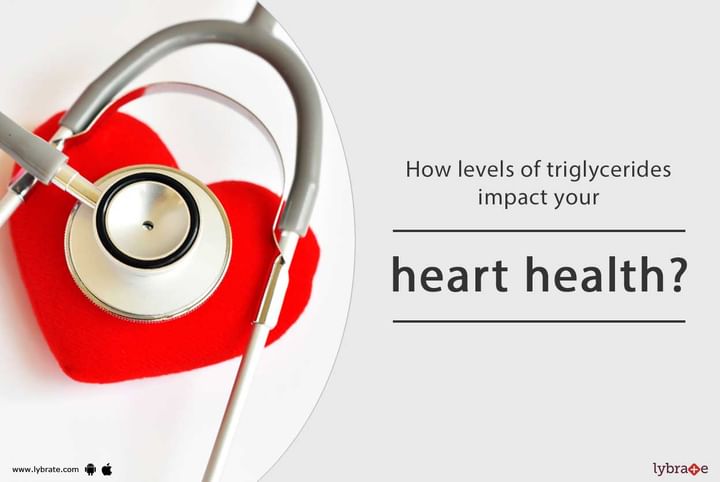How Levels of Triglycerides Impact Your Heart Health
If you have been keeping track of your cholesterol levels and blood pressure, there is something else you should be closely monitoring – your triglycerides. Triglycerides are a type of lipid or fat found in the blood. You get triglycerides from the foods you eat, particularly from fatty foods like butter, oils, margarine etc. Excess sugar or alcohol in the body are converted into triglycerides and are stored in fat cells. Triglycerides are an important measure of heart health.
Effects of Triglyceride Levels on Heart
If you consume more calories than you burn daily – particularly from foods that are high in carbohydrates – your triglyceride levels are likely to be high. High levels of triglycerides are associated with the risk of a number of conditions, including cardiovascular diseases.
High triglycerides lead to atherosclerosis – the thickening of artery walls – or hardening of the arteries. This, in turn, increases your chances of getting a heart attack, or even a stroke. Extremely high levels of triglycerides may also cause pancreatitis, which is an acute inflammation of the pancreas.
Moreover, high levels of triglycerides tend to cluster with other risk factors, such as obesity, high cholesterol, diabetes and metabolic syndrome. Combined together, these can set the stage for various cardiovascular disorders.
What Should be Your Triglyceride Levels
A blood test can tell whether your triglyceride levels fall into a healthy range.
-
Normal – Below 1.7mmol/L or 150mg/dL
-
Borderline High – 1.8-2.2mmol/L or 150-199mg/dL
-
High – 2.3-5.6mmol/L or 200-499mg/dL
-
Very High – equal to or above 5.7mmol/L or 500mg/dL
If your triglyceride levels are above normal, your healthcare provider will check for potential causes. Thyroid function issues, poorly controlled blood sugar, kidney or liver problems, and certain medications – all these can cause your triglyceride levels to be high. Therefore, it is important that you keep an eye out on triglycerides regularly.
Very high levels of triglycerides can spell trouble for your heart health. The first line of treatment to regulate high triglycerides and reduce the risk of heart diseases includes following a nutritious diet, maintaining and achieving a healthy body weight, and continuing medications as prescribed by your physician.


+1.svg)
